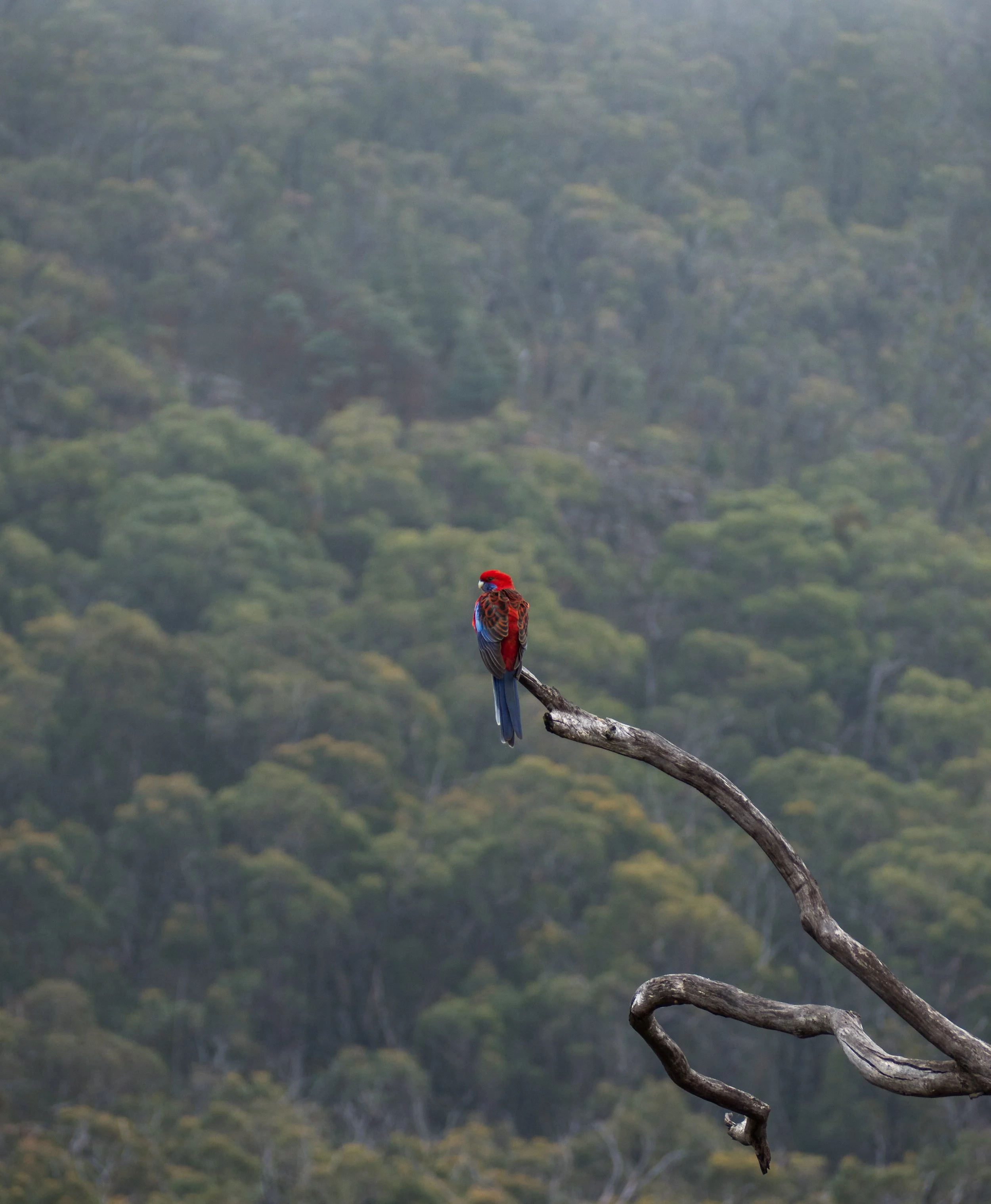Gariwerd, Australia. Photograph by David Newheiser.
Spiritual Realities and Human Meaning in the Indigenous Amazon
Together with Miguel Farias, a social psychologist, I’m co-Primary Investigator for a project studying Amazonian spiritual traditions. According to groups including the Yanomami, Tucano, Tuyuca, Enawenê-Nawê, and Bará, human purpose is sought in an otherness without transcendence. Our project will explore non-transcendent forms of Amazonian indigenous spirituality, recast philosophical debates over supernaturalism, and reconsider the psychology of self concepts in light of the fluid and relational sense of selfhood in Amazonian cultures.
Sigmund Freud Park, Vienna. Photograph by David Newheiser.
Of Miracles: Democracy and Amazement
I’m currently working on my second book, which considers the link between medieval miracle traditions and democratic imagination. By reading the early modern critique of miracles in conversation with decolonial and feminist theory, I argue that the debate over miracles hinges upon a question of ethics with profound political implications. In my reading, revisiting miracles beyond modern Europe can help us understand how modern democracies actually work – and how we can help them work better.
To learn more, see my article “Die Genealogie der Wunder: Bedeutung und materielle Praxis,” Hermeneutische Blätter (2025).
James Turrell, Beside Myself (Museum of Old and New Art, Hobart). Photograph by David Newheiser.
Spiritual Understanding in a Secular Age: Engaging Art as Religious Ritual
With my colleague Lexi Eikelboom, I was co-director of a Templeton-funded project on religion and the arts. We studies the hypothesis that secular art produces cognitive effects that are similar to the spiritual understanding produced by religious rituals. Since ritual has been studied from both scientific and humanistic perspectives, we think it opens new possibilities for collaboration between artists, scientists, and scholars of religion. Our project showed that cross-disciplinary research on the arts can encourage mutual understanding between those who identify as religious and those who do not.
For more on the project, see this article as well as our edited collection, Art-Making as Spiritual Practice (Bloomsbury, 2025).
Negative Theological fun. Photograph by David Newheiser.
Atheism and Christianity: Moving Past Polemic
From 2016-19 I led a research project on the topic of atheism, which included eight other scholars of religion and philosophy from ACU, KU Leuven, and Yale. Although the debate over religion is generally polemical, we sought to show that sophisticated forms of atheism and Christian thought share much in common. With a wide group of international collaborators, we explored this middle space from the perspective of genealogy, phenomenology, and political theology.
The final output of the project - The Varieties of Atheism - is available here. You can hear me talk about the project on ABC Radio National:
Ora et… Photograph by David Newheiser.
Can Hope Combat Marginalization?
Together with Vincent Lloyd and Linn Tonstad, I was involved in a project that reflected upon critiques of hope in Black, queer, and continental thought. There is reason to worry that hope distracts from addressing the challenges faced by marginalized communities. In our view, although Christian reflection on hope is not always attuned to this danger, it suggests that hope may also combat marginalization. We sought to stage a conversation between these fields in order to clarify how hope may respond to injustice.
This collaboration informed my book - Hope in a Secular Age - as well as an article I co-authored with Victor Counted, “How Place Shapes the Aspirations of Hope.”
